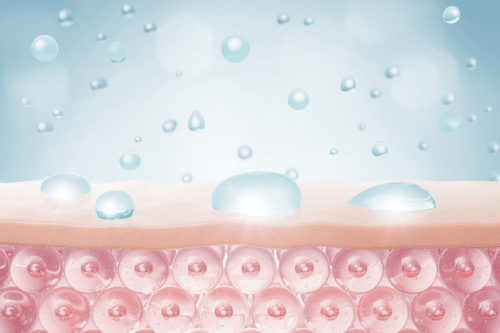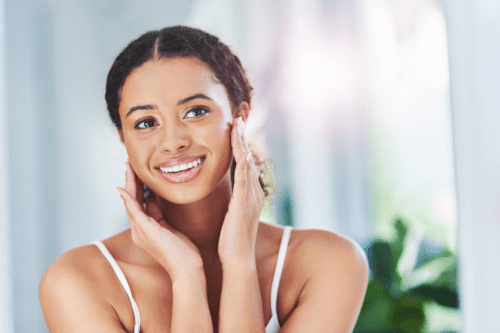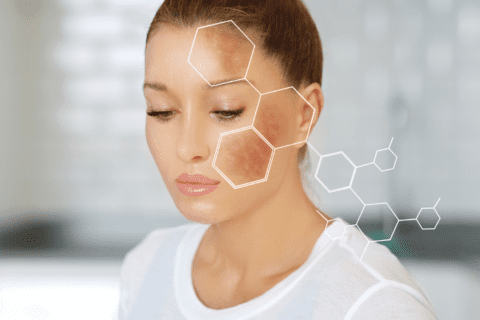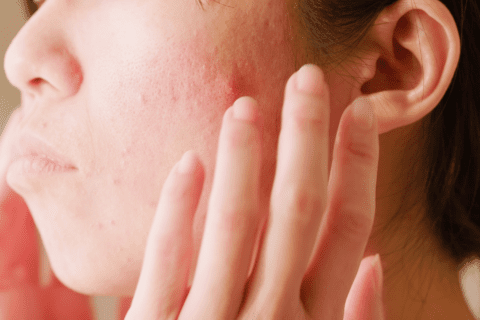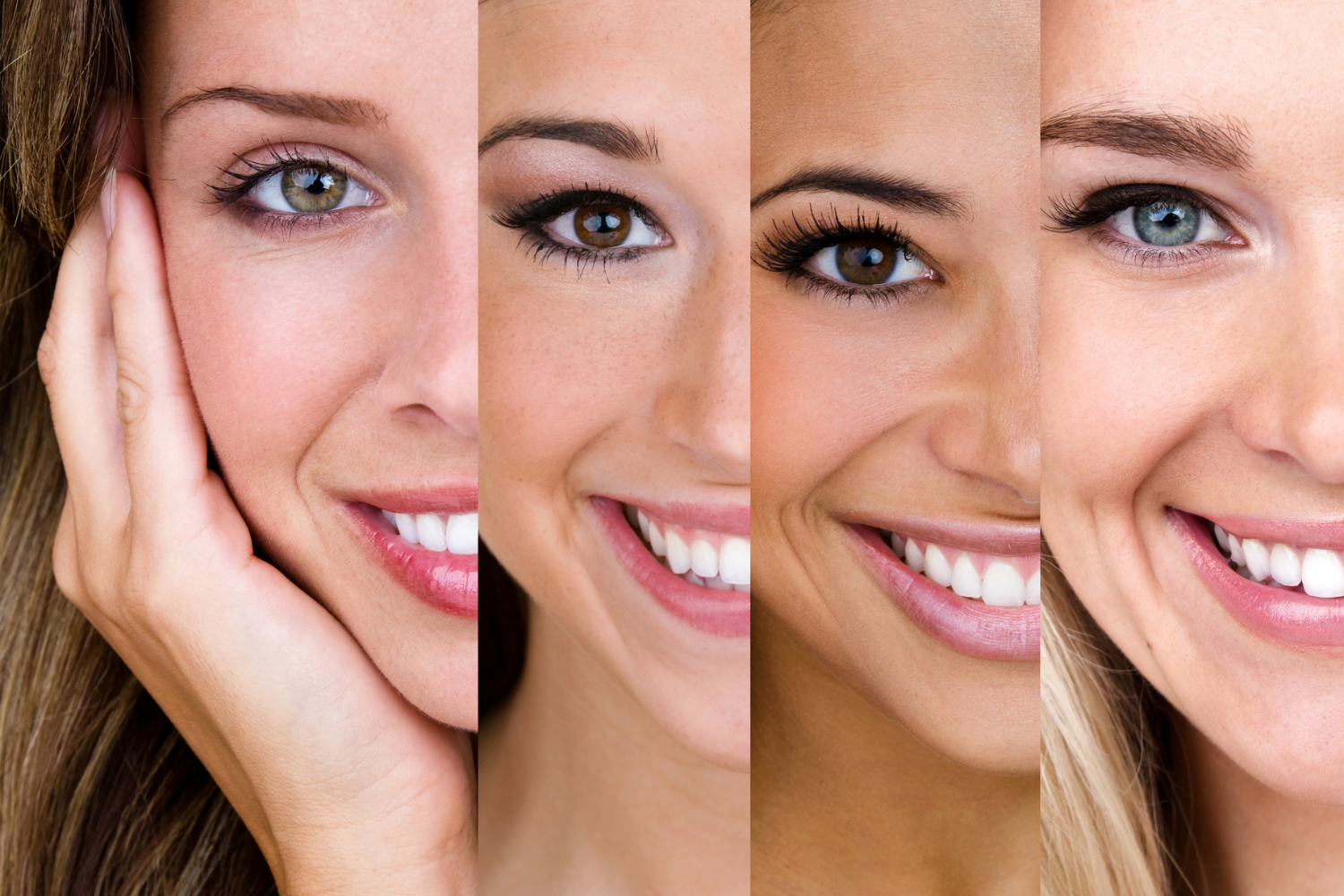
Which Skin Tone is most Attractive – Shades of Beauty
Beauty has been a subject of fascination and debate for centuries. It’s a concept that is not only deeply personal but also heavily influenced by cultural, societal, and psychological factors. When it comes to assessing attractiveness, one of the aspects that often comes into play is skin tone. But what defines attractiveness in terms of skin tone? Is there a universally preferred shade, or does it vary across cultures and individuals?
Historical Perspectives on Beauty Standards
Throughout history, beauty standards have evolved significantly. What was considered attractive in one era or culture might not hold the same appeal in another. For instance, in some cultures, lighter skin has been traditionally associated with wealth and status, while in others, darker skin was prized for its association with outdoor labor and a connection to the earth.
Perceptions of Skin Tone Across Cultures
Cultural norms play a significant role in shaping perceptions of beauty, including those related to skin tone. In many Western societies, there has been a historical preference for lighter skin tones, which has been perpetuated through media representations and advertising. However, in regions like Africa and South Asia, darker skin tones are often celebrated as symbols of beauty and heritage.
May You Like This – How to Remove Dead Skin from Face?
Psychological Factors Influencing Attractiveness
Our perceptions of beauty are not solely influenced by external factors but also by internal psychological processes. Color psychology, for example, suggests that certain colors evoke specific emotions and associations. These subconscious biases can affect how we perceive different skin tones, even if we’re not consciously aware of them.
Scientific Insights into Skin Tone Attractiveness
Research into skin tone preferences has yielded mixed results. While some studies suggest a preference for lighter skin tones due to cultural influences and notions of perceived attractiveness, others indicate a more complex interplay of biological and social factors. For instance, facial symmetry and other facial features may play a more significant role in attractiveness than skin tone alone.
Social Implications of Beauty Standards
The perpetuation of narrow beauty standards can have detrimental effects on individuals’ self-esteem and mental well-being. Feeling pressured to conform to unrealistic ideals of beauty can lead to feelings of inadequacy and low self-worth, particularly among marginalized communities who may not see themselves represented in mainstream media.
Breaking Stereotypes and Promoting Inclusivity
In recent years, there has been a growing movement towards embracing diversity and challenging traditional beauty norms. Advocates for inclusivity argue that beauty comes in all shades and shapes, and that true attractiveness lies in authenticity and self-confidence. By celebrating diversity and promoting inclusive representations of beauty, we can create a more accepting and empowering environment for everyone.
Skin Tone and Beauty in the Fashion and Cosmetics Industry
The fashion and cosmetics industry plays a significant role in shaping societal perceptions of beauty. In recent years, there has been a push for greater diversity and representation within these industries, with more brands offering products tailored to a wider range of skin tones. From foundation shades to fashion campaigns, there’s a growing recognition of the importance of inclusivity in beauty.
Conclusion
In the end, the question of which skin tone is most attractive is subjective and deeply personal. Beauty is not something that can be easily quantified or standardized—it’s a reflection of our individual preferences, experiences, and cultural influences. Rather than adhering to narrow beauty ideals, let’s celebrate the rich diversity of skin tones and beauty that exists in the world around us.
Unique FAQs
Is there a scientific basis for determining the most attractive skin tone?
While some research suggests certain preferences for lighter skin tones, attractiveness is subjective and influenced by a variety of factors.
How can I learn to appreciate my skin tone?
Start by challenging societal beauty norms and surrounding yourself with diverse representations of beauty. Practice self-love and acceptance, embracing your unique features and heritage.
Are beauty standards changing to be more inclusive?
There’s a growing movement towards inclusivity in the beauty industry, with more brands expanding their product offerings to cater to a wider range of skin tones and body types.
What role does media play in shaping perceptions of beauty?
Media plays a significant role in perpetuating narrow beauty standards, but it also has the power to challenge them by featuring diverse representations of beauty.
How can I support greater diversity and inclusivity in beauty?
Support brands and influencers that prioritize diversity and representation. Advocate for inclusivity in media, advertising, and beauty industry practices.

